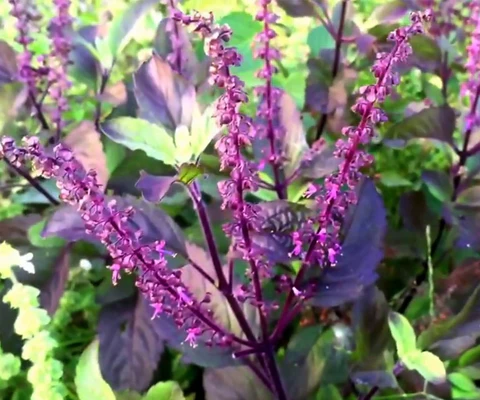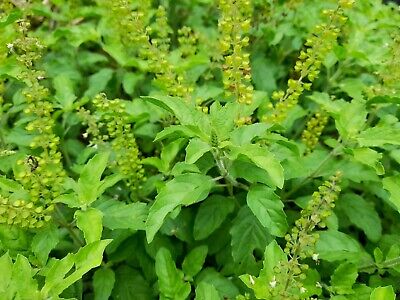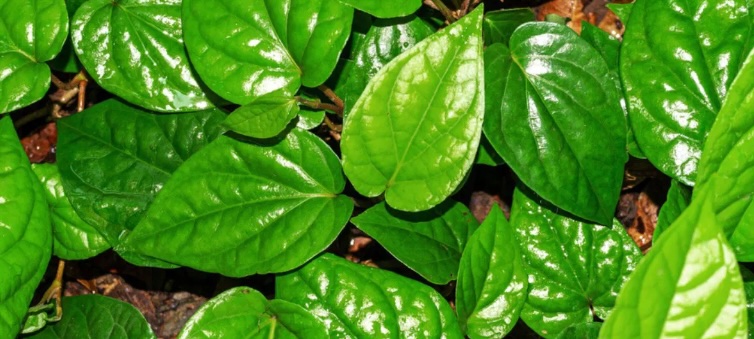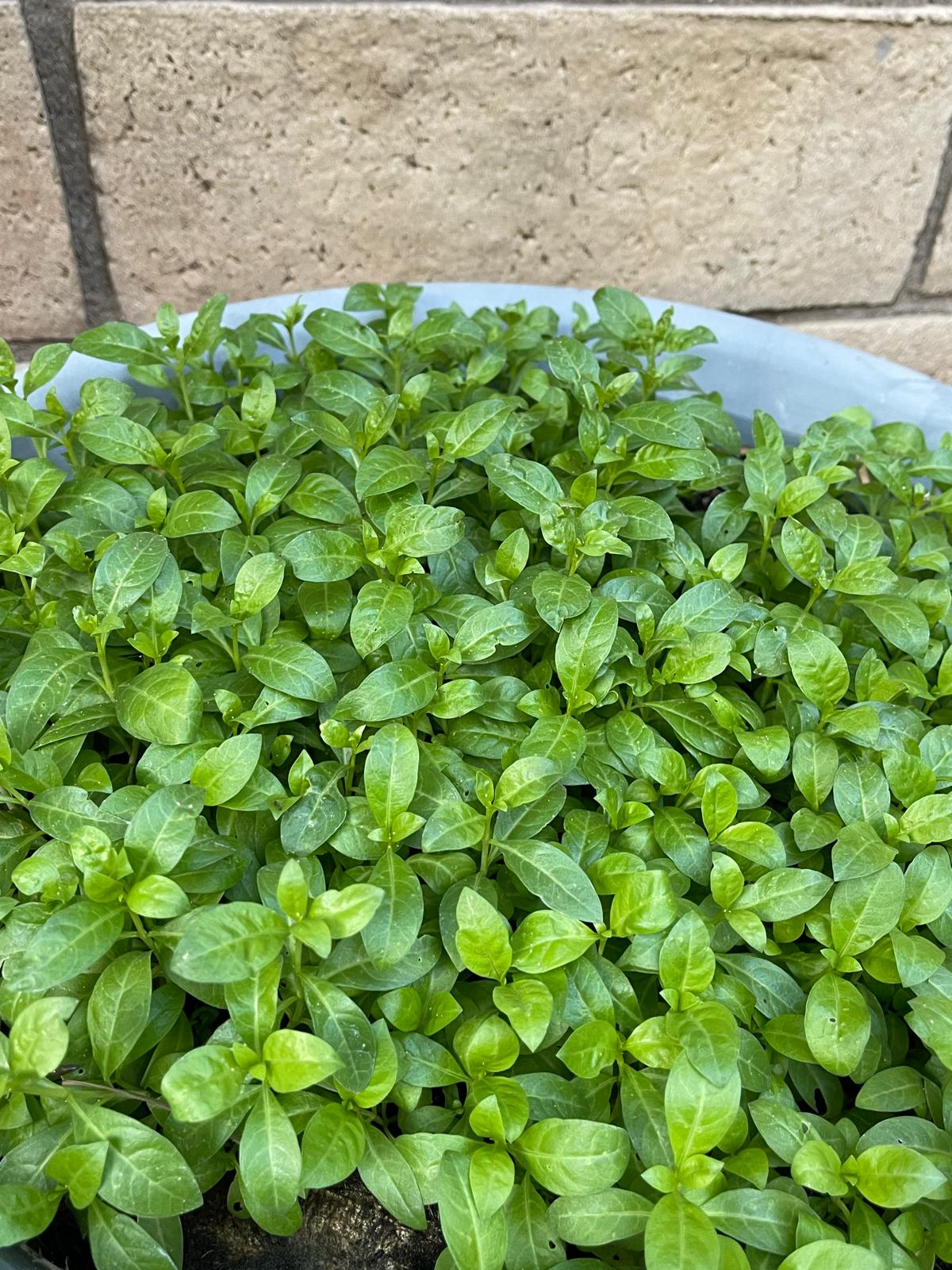
Purple Tulasi: A Rare and Exotic Sacred Herb
Purple Tulasi (Ocimum sanctum ‘Purpurascens’) is a rare and stunning variety of the sacred Tulasi plant, revered in Hinduism and Ayurveda. This extraordinary herb boasts:
- Deep purple, almost black, leaves with a distinctive taste
- Small, tubular flowers in shades of pink, purple, or white
- Upright growth habit, reaching up to 3 feet tall
Spiritual Significance:
- Considered a manifestation of the divine feminine, Lakshmi
- Believed to bring good fortune, prosperity, and spiritual growth
- Used in rituals, puja ceremonies, and as an offering to deities
Medicinal Properties:
- Adaptogenic, anti-inflammatory, and antioxidant properties
- Used to treat stress, anxiety, and respiratory issues
- Supports immune function, digestion, and healthy skin
Rarity and Exoticism:
- Less common than green Tulasi, making it more prized
- Adds a pop of color and uniqueness to gardens and spaces
- Highly sought after by collectors and enthusiasts
Cultivation and Care:
- Plant in well-draining soil and partial shade
- Water regularly, but tolerate some drought
- Prune to maintain shape and encourage new growth
Experience the Rare Beauty of Purple Tulasi:
With its striking purple leaves and spiritual significance, Purple Tulasi is a true treasure. Cultivate this exotic herb, and experience its transformative power in your life.



